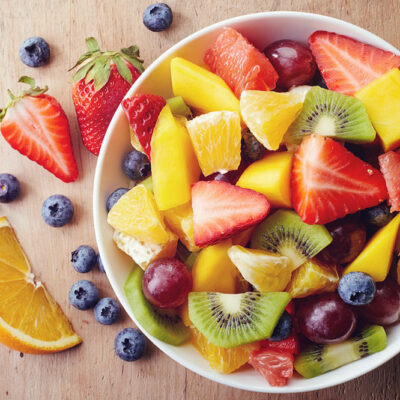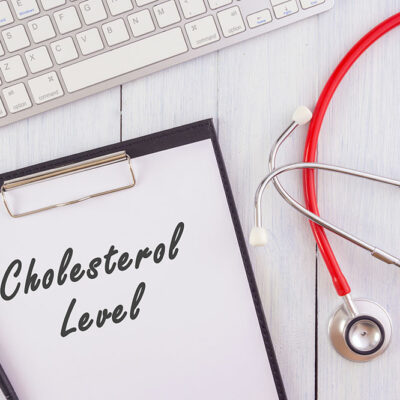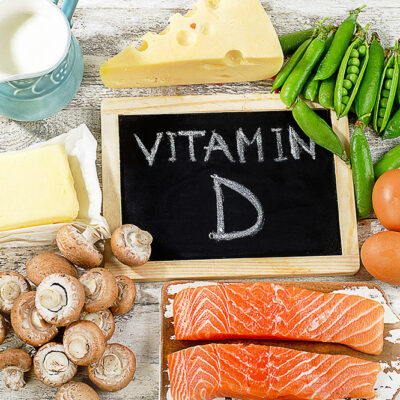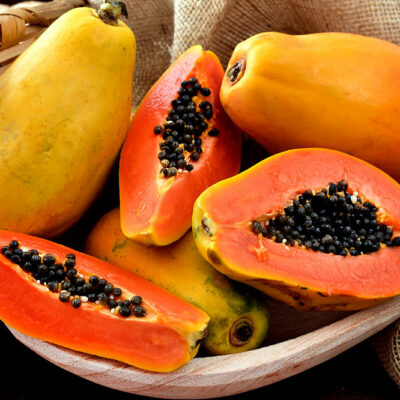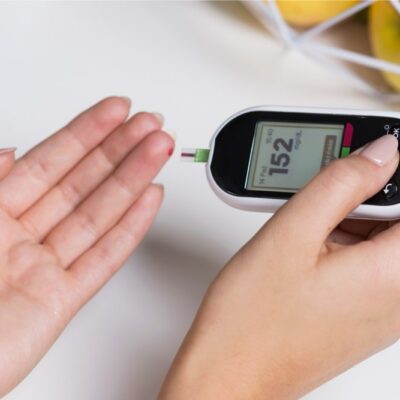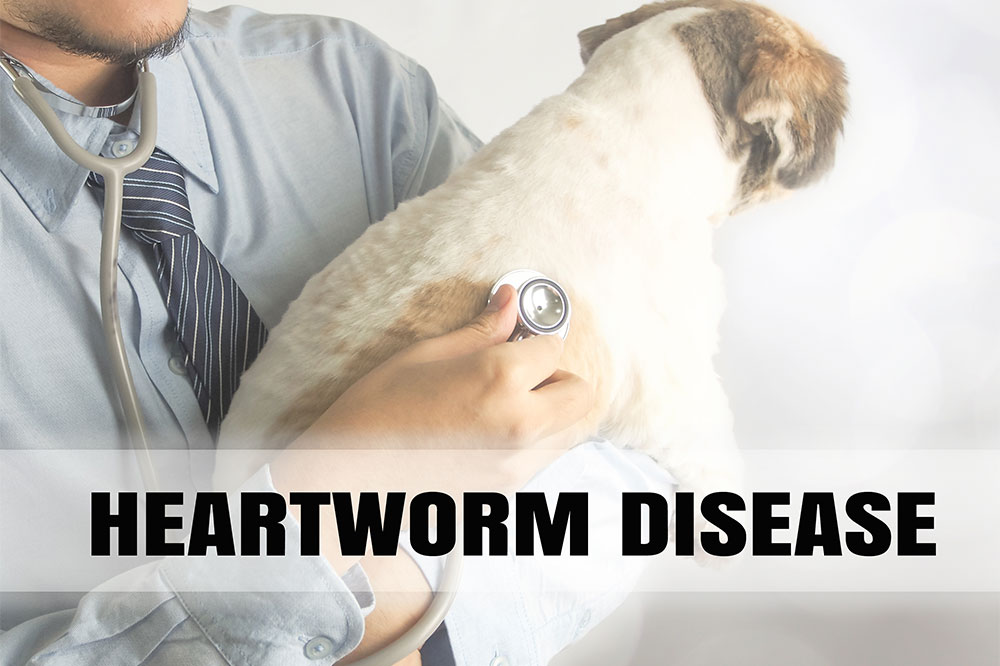4 vitamins essential for good eye health
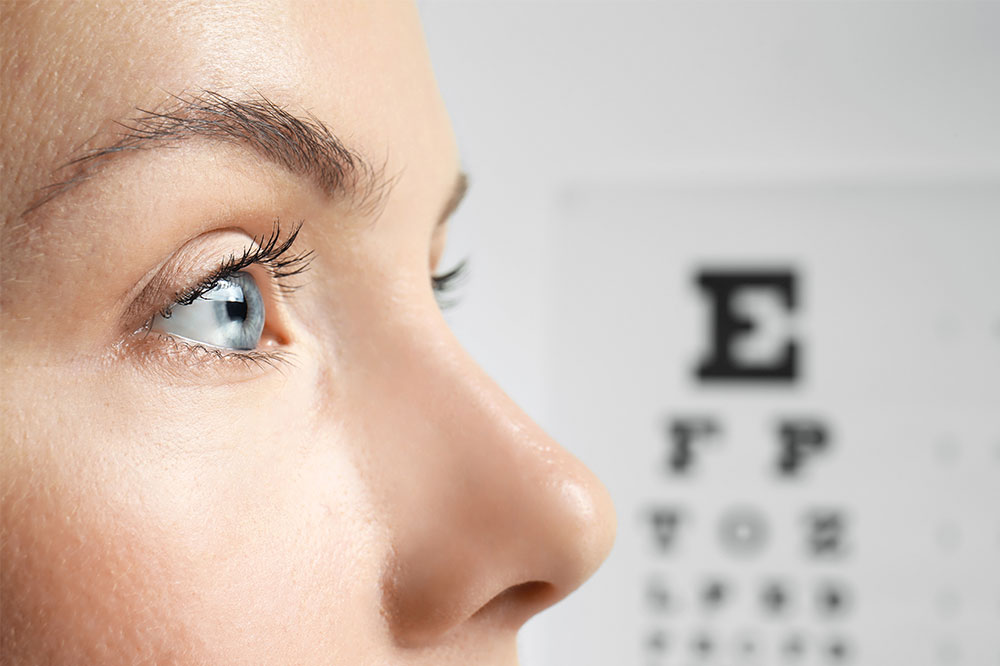
For a 20/20 vision, one must fulfill their daily requirement of vitamins. This becomes even more important as one ages and is at an increased risk of developing vision-related issues. Poor vision can also be brought on by excessive exposure to screens and poor hygiene and food choices. Certain eye issues can be corrected using eyeglasses or contact lenses, however, to maintain good eye health, proper vitamin intake through food or supplements is required.
Vitamin A
Vitamin A is one of the basic nutritional requirements for good eye health. Rhodopsin found in sources of vitamin A helps one maintain clear corneas and a strong low-light vision. As it is commonly found in most foods, vitamin A deficiency is a rare occurrence today. However, if left untreated, it can gradually lead to xerophthalmia—an eye disease. Vegetable sources like sweet potatoes, apples, carrots, and pumpkins are great for eye health and can be added in different forms to meals and salads. Animal sources of vitamin A include eggs, poultry, and seafood.
Vitamin B
Research suggests that several vitamins belonging to the B-complex family are great for eye health. These vitamins are crucial for the prevention of age-related macular degeneration or AMD. Patients with this condition may experience issues like a blurred vision as it causes the retina to deteriorate. The deterioration is caused by the deficiency of an acid called homocysteine, and people with vitamin B12 deficiency are likely at a greater risk of developing the condition. Some other issues that can be brought on by vitamin B deficiency include optic nerve damage, astigmatism, and blind spots. So, one should add foods like peanuts, soybean, oats, oranges, spinach, meat, eggs, and seafood to fulfill their vitamin B-complex requirements.
Vitamin C
Cataracts are prime examples of age-related issues that are commonly observed in older adults and can lead to poor vision. Vitamin C is considered a strong antioxidant that can help reduce the free radical damage in the body. The deposition of free radicals causes the formation of a cloudy sheet that leads to a disrupted vision, as experienced with cataracts. Adding the required amount of vitamin C in the form of food or supplements can help reduce the risk of conditions like AMD, astigmatism, and cataracts. Some great sources of vitamin C include fruits like oranges, strawberries, blueberries, and limes. Vegetables containing this highly effective antioxidant are spinach, bell peppers, and broccoli.
Vitamin E
Another vitamin that exhibits antioxidant properties and can help protect the eyes is vitamin E. Although more research is required to study its effects, it is believed that adding vitamin E-rich foods or supplements to one’s daily meals helps prevent oxidative damage. A 2005 study suggested that people that had vitamin E supplements regularly over the course of 5 years were at lower risk of developing cloudy lenses. This nutrient can also help slow down the progression of cataracts and AMD. Bell pepper, avocado, and almonds are some of the easily available foods rich in vitamin E. Other excellent sources are trout, sunflower oil, wheat germ oil, corn oil, asparagus, and safflower oil.
Adequate vitamin intake is required to avoid eye conditions like astigmatism, which leads to poor vision due to the difference in curvature of the eye lens and cornea. The change in the angle of light passing through can result in blurry and distorted vision, and it generally causes strain and fatigue in the eyes. Many people with astigmatism use contact lenses or eyeglasses to deal with the condition. However, when using contact lenses for astigmatism, it is important for patients to get their eyesight checked periodically. Alternatively, for a permanent solution, LASIK surgery can be recommended.

